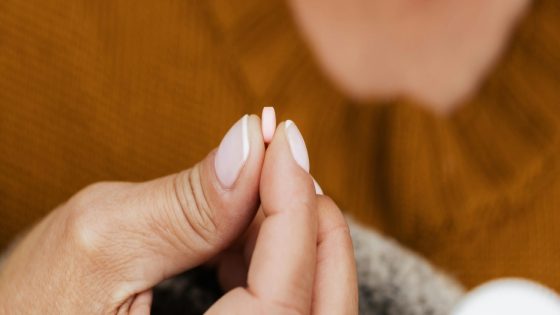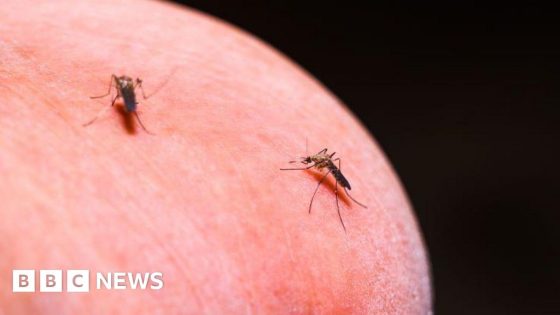What if popping a daily vitamin could help keep you younger at the cellular level? A new study from researchers at Harvard-affiliated Mass General Brigham indicates that vitamin D supplements might actually slow down biological aging. Published on 2025-06-12 06:22:00 in The American Journal of Clinical Nutrition, the study highlights the importance of telomeres—tiny protective caps on chromosomes that wear down as we age.
- Vitamin D may slow biological aging.
- Study focused on telomere length preservation.
- Participants took vitamin D3 or placebo.
- Vitamin D linked to reduced inflammation risks.
- Low vitamin D affects mood and energy.
- Consider supplements if sun exposure is low.
Shorter telomeres are linked to age-related diseases like heart problems and certain cancers. Researchers analyzed data from the VITAL study, where participants took either vitamin D3, omega-3 fatty acids, or a placebo. The results showed that those taking vitamin D experienced significantly less telomere shortening, effectively slowing cellular aging by nearly three years. Isn’t that a compelling reason to consider your vitamin D intake?
This study raises an intriguing question: could a simple vitamin supplement be the key to a longer, healthier life? While more research is needed, the findings suggest that vitamin D does more than support bones and immunity. To optimize your health, consider these recommendations:
- Take a daily vitamin D3 supplement, especially if you lack sun exposure.
- Incorporate vitamin D-rich foods like fatty fish and fortified dairy into your diet.
- Regularly check your vitamin D levels with your healthcare provider.
As research continues to unfold, now is the perfect time to prioritize your vitamin D intake. Start incorporating it into your daily routine and take a proactive step towards healthier aging.
































